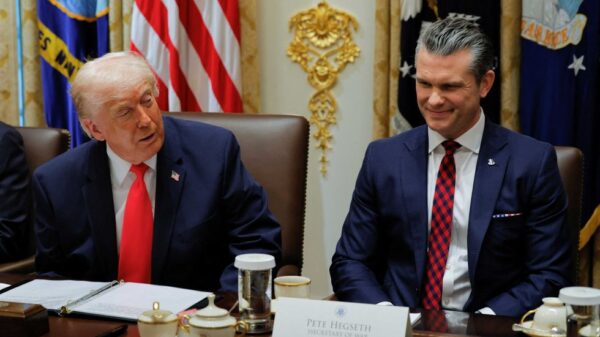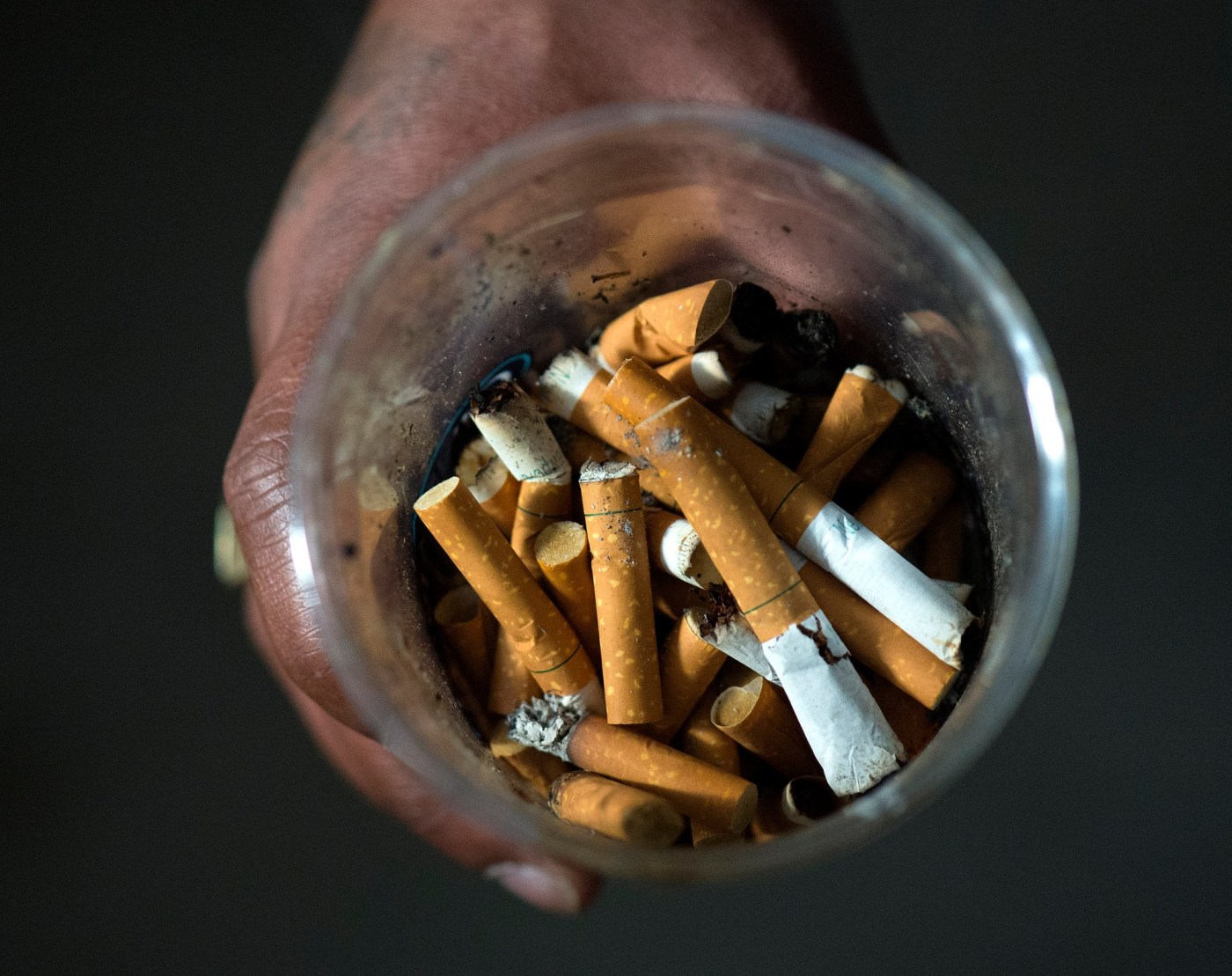As Congress deliberates on the future of the U.S. Department of Health and Human Services, a significant concern has emerged regarding the funding of vital tobacco control programs. Medical professionals and community health advocates, including Ward Blalock, M.D., a retired pediatrician from Newport News, Virginia, are sounding the alarm about the potential implications of defunding these programs.
The proposed reorganization could jeopardize the Virginia Tobacco Control Program (TCP), which relies entirely on a $1.8 million federal grant from the U.S. Centers for Disease Control and Prevention (CDC). This funding supports initiatives aimed at reducing tobacco use, especially among the youth, as new tobacco products like e-cigarettes continue to gain popularity. The stakes are high, with Virginia taxpayers already bearing a significant financial burden due to tobacco-related health care costs.
$241 billion is spent annually by American taxpayers on direct health care costs associated with tobacco use. In Virginia alone, these costs amount to approximately $3.61 billion, including $522.1 million in Medicaid expenditures. Additionally, the state suffers a loss of $9.4 billion in productivity due to tobacco use.
The TCP’s funding is critical, particularly as other sources of tobacco-related revenue, such as the Master Settlement Agreement and the JUUL Settlement Agreement, are not currently allocated to the TCP or the state Quitline. Losing the CDC grant would be devastating, as it represents the only funding source for Virginia’s tobacco cessation efforts.
The Quitline, established in 2005, provides free, confidential, and evidence-based quit services to Virginians. It has proven effective, with every $1 invested in the Quitline yielding $3.16 in savings on medical costs, lost productivity, and other tobacco-related expenses. Currently, 45% of Quitline users are Medicaid recipients or uninsured, highlighting the program’s role in supporting vulnerable populations.
Despite claims that youth vaping is no longer a pressing issue, health professionals argue otherwise. Devices have become increasingly sophisticated and discreet, making it easier for young people to access nicotine products. According to Dr. Blalock, pediatricians and school counselors continue to observe a troubling trend of youth addiction to tobacco products, with many kids becoming hooked before they reach adolescence.
The urgency for effective tobacco control programs cannot be overstated. As Virginia lawmakers navigate these complex issues, the potential defunding of the OSH program could reverse years of progress in public health. Dr. Blalock calls on federal lawmakers to prioritize continued funding for the CDC’s Office on Smoking and Health to protect the health of Virginians and safeguard the well-being of future generations.
In light of the ongoing challenges posed by tobacco use, especially among youth, maintaining robust tobacco cessation programs is essential. The upcoming decisions in Congress will not only impact Virginia but may set a precedent for tobacco control efforts nationwide.






































































